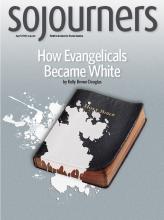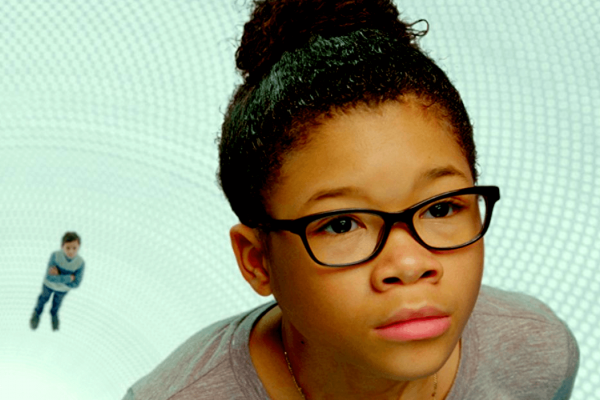OPRAH WINFREY BEGAN HER acceptance speech for the Cecil B. DeMille Award at the 2018 Golden Globes by traveling through time. “In 1964, I was a little girl sitting on the linoleum floor of my mother’s house in Milwaukee. ... It is not lost on me that at this moment, there are some little girls watching as I become the first black woman to be given this same award.” Hours later, her speech dedicated to those enheartened children—particularly little black girls—was eclipsed by pleas for the entrepreneur to run for president.
Since the 2016 presidential election and, more recently, the Alabama Senate election, demand has been high for black women to save America from itself. The proposition’s allure appears only to increase when black women rebuff these requests to perform political labor as trouble intensifies. Jordan McDonald writes in Bitch magazine about this reprehensible exaltation—“Black women will save us”—and how it renders black women, from Oprah to Michelle Obama, indispensable saviors. “Stripped of our humanity and agency, the refrain does not ask that Black women save, but expects it of us, as if we each were God herself. It is a disturbing testament to the world’s continued failure to love us properly.” While this latest historical failure sought to conscript another black woman into a toolbox for the country’s deliverance, Oprah’s final message—“I want all the girls watching here, now, to know that a new day is on the horizon”—was impossible to rob.
As providence would have it, a film releasing this March has the potential to summon that new day, with none other than Oprah portraying the leader of a trio of immortal guides showing black girls universally what proper love looks like: the latest adaptation of Madeleine L’Engle’s 1963 Newbery Medal-winning classic novel, A Wrinkle in Time.
Read the Full Article

